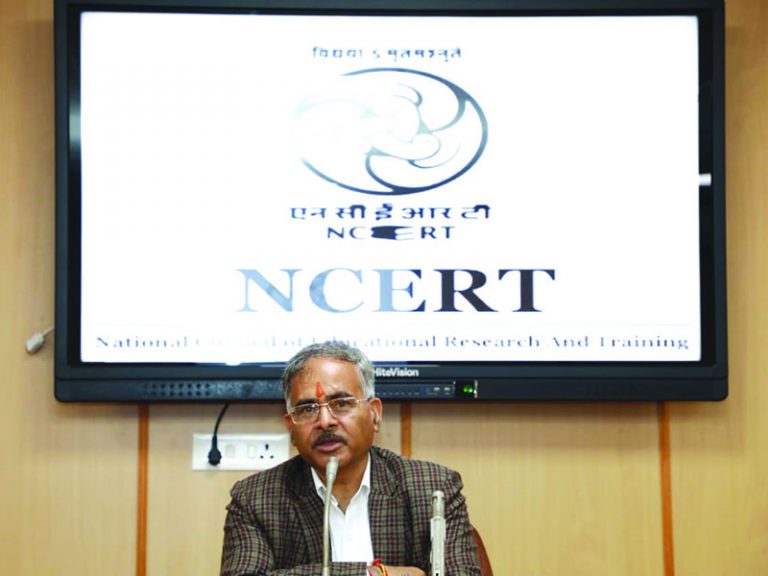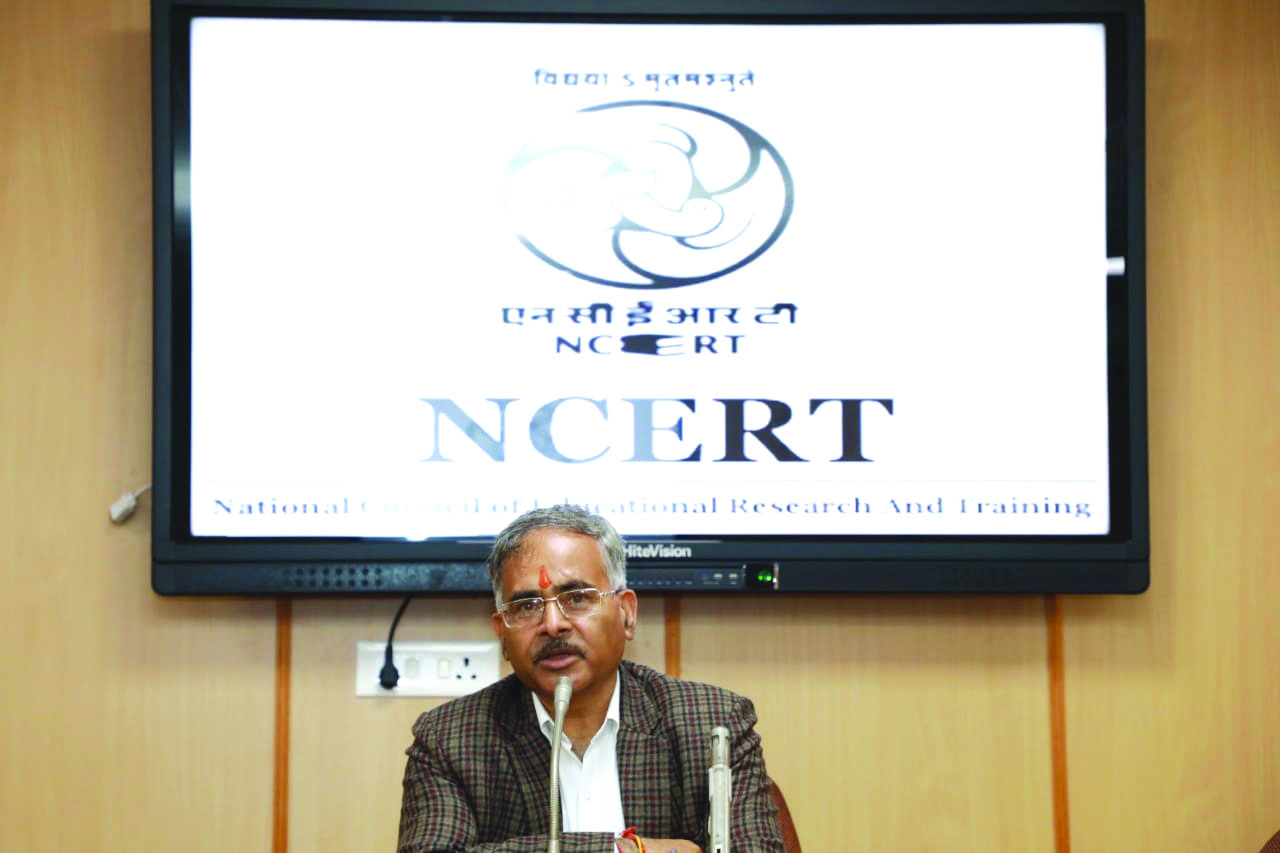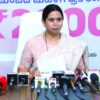Delhi: History textbooks row
Autar Nehru (Delhi)
National council of Educational Research and Training (NCERT), the country’s largest publisher of K-12 textbooks, is again in the throes of a controversy following its “rationalisation-cum-revision” of class XII social science (history) textbooks, widely prescribed by schools countrywide including 29,662 upscale schools affiliated with the Central Board of Secondary Examinations (CBSE), India’s largest schools national exams board. NCERT and CBSE are purportedly autonomous subsidiaries of the Union education ministry.
The rationale of the recent revision of class VII-XII textbooks is the world’s most prolonged closure of schools during the Covid-19 pandemic (2020-21) and learning loss experienced by school-going children. This necessitated pruning of syllabuses and curriculums by NCERT to reduce student stress.
However, the selection of deleted content has generated controversy since the first revised textbooks were published in 2022. Critics, including authors of the textbooks, charged NCERT with hasty deletions with many contending that selected chapters were rewritten to suit the political and ideological propaganda of the ruling BJP. For instance, Darwin’s theory of evolution which posits that human beings are descended from apes — anathema to the Rashtriya Swayamsewak Sangh (RSS), the ideological mentor organization of the BJP — was dropped from science textbooks in 2023, prompting 1,800 scientists and educators to sign a protest petition.
This time round, the revised edition of the class XII political science textbook has evoked sharp reactions from several educators and authors who allege that selective portions have been omitted and/or edited to suit the political agenda of the BJP.
In the revised political science textbook released by NCERT in mid-June, the Babri Masjid is not mentioned by name (“three-domed structure”) and all references to BJP chieftain LK Advani’s rath yatra from Somnath (Gujarat) to Ayodhya; vandalisation of Babri Masjid by RSS/BJP kar sevaks; communal violence after destruction of Babri Masjid in 1992, and imposition of President’s Rule in BJP-ruled states have been omitted.
Reacting on June 16, Prof. Dinesh Saklani, director of NCERT and a historian himself, justified the changes saying that the deletions were necessary as NCERT wants “to create positive citizens, not violent and depressed individuals.” “Hatred, violence are not subjects of teaching in school and shouldn’t be the focus of textbooks,” he explained.
This chopping and changing of textbooks has outraged well-known public intellectuals Suhas Palshikar and Yogendra Yadav, who were chief advisors to the pre-Covid class IX-XII political science textbooks. In a letter to NCERT (June 17), they requested Prof. Saklani to delete their names from the textbooks. “Both of us don’t want NCERT to hide behind our names to pass on to students such textbooks of political science that we find politically biased, academically indefensible and pedagogically dysfunctional… The new editions of these books that have been published with our names should be withdrawn from the market forthwith… If NCERT fails to take immediate corrective action, we may be forced to take legal recourse,” wrote the duo.
However, all political parties tend to rewrite history. When the Congress government established NCERT in 1961, its brief to the council was to rewrite children’s textbooks “positively” — “in the backdrop of a school system struggling to disengage from its elitist colonial past and to create a common programme of school education that was universally accessible and reflected the pluralist character of India”.
Therefore, school textbooks in post-independence India have been propagating the Congress party’s mantras of socialism, secularism and national integration, often glossing over the depredations of Muslim invaders from the 14th-18th centuries. Rightist historians critical of this bias had criticized NCERT textbooks of that era as falsified and inaccurate.
According to Dr. Saagar Tewari, associate professor of history at the top-ranked O.P. Jindal Global University, Sonipat, history is an important subject as it provides “a chronological architecture in young minds” and a basic understanding of their society. “History is to society what memory is to an individual — a repository of the past. At the same time, there are some past events which are disturbing and should be sanitised to maintain social peace and harmony — Partition of India in 1947 for instance.” Responding to NCERT director Dinesh Saklani’s justification for toning down violent historic events, he says it’s pertinent to note that even in England/Scotland, history textbooks have “totally sanitised the violence and brutality of British imperialism”.
In 1916, American motorcars tycoon Henry Ford (1863-1947) opined that history is bunk. NCERT doesn’t seem to place much value on it either


















Add comment